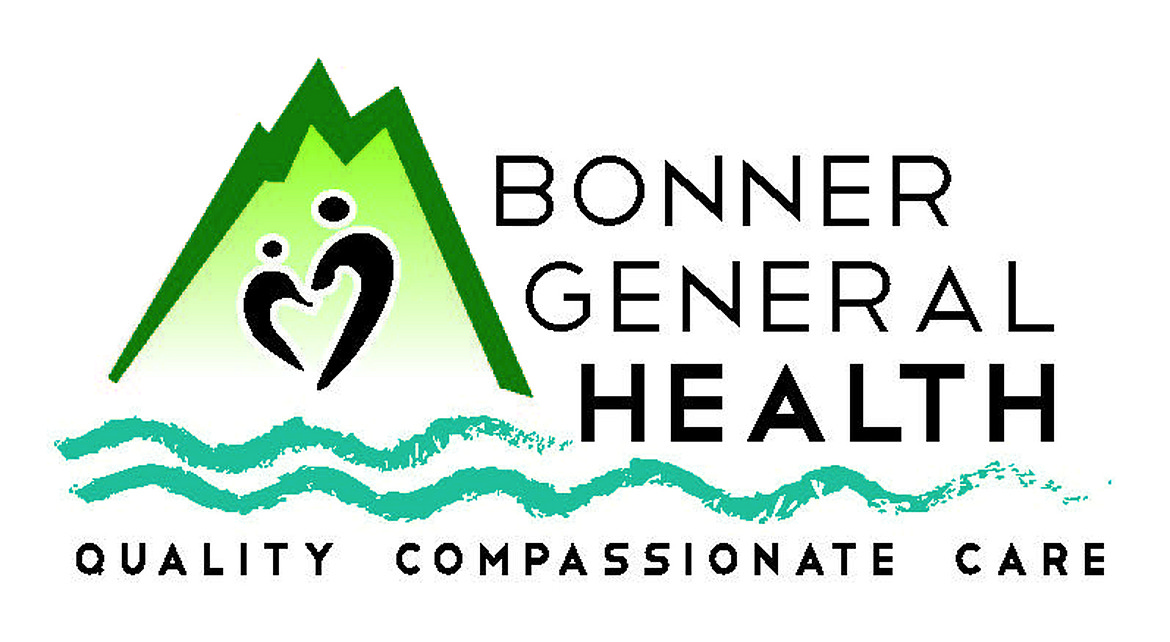Heart disease can also affect little hearts
When we talk about heart disease and do it a lot in February, we often talk about adults. Today we're going to talk about children.
In the U.S., it's estimated that 40,000 babies are born with heart defects. In addition, three to five million children worldwide live with chronic rheumatic heart disease. And, the most significant cause of acquired heart disease in children under five, Kawasaki disease, will affect more than 4,000 children this year. These statistics were posted on the Children's Healthcare of Atlanta's website.
"The detection of heart disease in children has been a top priority of the medical community since the invention of the stethoscope," says Glen Iannucci, MD, a Pediatric Cardiologist at the CHA Heart Center. "In the current era, we have become more sophisticated in our methods of detecting heart disease, including the prenatal detection of congenital heart defects and rhythm abnormalities."
Fortunately, in the U.S., babies are screened for severe congenital heart defects (CHD) within 24 hours of being born. As a result, roughly one newborn out of 100 will be diagnosed with a CHD due to the heart or the blood vessels around the heart not developing correctly. However, some congenital issues, such as atrial septal defects (holes in the heart's walls), can remain undiagnosed until a child's teen years or later.
When left untreated, the bacteria that cause strep throat can cause rheumatic heart disease. "Your child's immune system can produce antibodies to fight the strep infection, but in some cases, these antibodies can damage heart valves, leading to rheumatic heart disease," CHA said.
Other symptoms of rheumatic heart disease include joint pain and swelling; rash on the trunk or arms; skin bumps on the wrist, elbows, or knees; and rapid limb movements. Although the infection is common in children ages five to fifteen, symptoms may not show up for ten or twenty years after the original illness. The good news is that antibiotic treatment for children with strep in the U.S. rheumatic heart disease is uncommon.
Healthline.com describes Kawasaki disease as a "rare disease that primarily affects children and can cause inflammation in the blood vessels in their hands, feet, mouth, lips, and throat. It also produces fever and swelling in the lymph nodes. However, researchers aren't sure what causes it."
Children under age five are more susceptible. The American Heart Association says that the illness is a major cause of heart conditions in as many as one in four children. "Children who suffer from this disease often require lifelong follow-up appointments to keep an eye on heart health."
Other heart conditions show up in children: atherosclerosis, the buildup of fat and cholesterol-filled plaques inside arteries; arrhythmias, an abnormal heartbeat; heart murmurs which can be harmless or a part of an underlying heart condition; and pericarditis, when the membrane that surrounds the heart becomes inflamed or infected.
"Signs of heart problems in children vary based on the condition, a child's age, and whether the heart condition or disease was acquired before a child was born or during childhood," CHA says.
You'll want to call your pediatrician immediately if your infant has trouble gaining weight, has a bluish color to the lips, tongue, or nail beds; difficulty with feeding; fast or rapid breathing, or difficulty breathing, even while resting; tiring quickly or sweating while feeding.
In young children and teens, the signs of possible heart problems include passing out during physical exercise or activity, heart palpitations that might be described as feeling "funny" or "fluttery," shortness of breath while being active, and chest pain.
Another thing to look for is persistent breathing difficulty. You might think that your child's breathing problems are related to an upper respiratory condition. But if the breathing isn't responding to treatment, it's time to talk about heart issues.
"The goal has shifted from not just the identification of the problem, but to optimizing the health of a child from the beginning so that they can lead as healthy and active life as possible," Dr. Iannucci said.
It sounds scary to have a child with a heart problem, but modern medicine has greatly improved outcomes. It's just about catching it early.
Kathy Hubbard is a member of the Bonner General Health Foundation Advisory Council. She can be reached at kathyleehubbard@yahoo.com.



